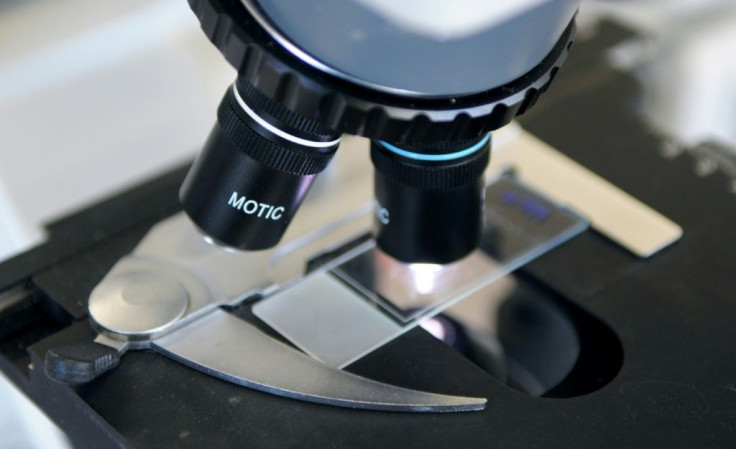Test for Deadly Brain Cancer Can Guide Crucial Decisions

One reason glioblastoma -- an aggressive brain cancer that affects more than 13,000 new people a year in the US -- is so deadly is that no tests are available to guide treatment or predict its outcome.
However, researchers at Johns Hopkins University (JHU) have developed a new laboratory test that can “accurately pinpoint, capture and analyze the deadliest cells” in glioblastoma (GBM).
Their research, published in Nature Biomedical Engineering , opens the way to the discovery of new drugs to prevent or slow the spread of the cancer, according to a university press release. The test can also accurately say which persons with the cancer have the least or the most aggressive form.
A fatal cancer
Glioblastoma is the most common form of malignant brain cancer in the US. It can occur at any age but is most often diagnosed in older adults. The average length of survival is 12 to 18 months, according to the National Brain Tumor Society. Beau Biden, the son of President-elect Joe Biden, and Sen. John McCain both succumbed to this cancer.
The tumor is formed by mass-producing astrocytes, which are cells in the central nervous system. They initially form in the spinal cord or brain and eventually spread throughout the body.
Until now, stated the study, practitioners have had to rely on existing methods for single cell analysis that are too expensive, time-consuming and “impractical for informing patient care given the short survival span of patients with glioblastoma,” the paper stated. The methods include identifying evidence of the cancer in blood and calculating outcomes using a scoring method.
New test offers hope
Known as “microfluidic assay for quantification of cell invasion” (MAqCI), the test can rank and compare how lethal the cancer cells are, based on their mobility, their reproduction and their ability to compress and maneuver through tight channels.
These are the three main factors in metastasis -- the spread of cancer elsewhere in the body. Cancerous cells break away from the original tumor to spread and form more tumors throughout the body.
Once the cells are ranked, researchers can predict the aggressiveness of an individual’s cancer and make a prognosis. The JHU team performed the test on 28 patients, with an accuracy of 86%. The test is still relatively new and needs to be performed on a larger sample size.
According to lead author Konstantinos Konstantopoulos, PhD, the MAqCL will be used to screen potential treatments.
“Because we have the unique ability to identify those deadly cells, we envision utilizing this platform to screen potential therapeutics in order to effectively block the invasion and/or proliferation of these cells and ultimately prolong the survival of patients by putting precision medicine in practice,” said Dr. Konstantopoulos, professor in JHU’s Department of Chemical and Biomedical Engineering.
Published by Medicaldaily.com



























